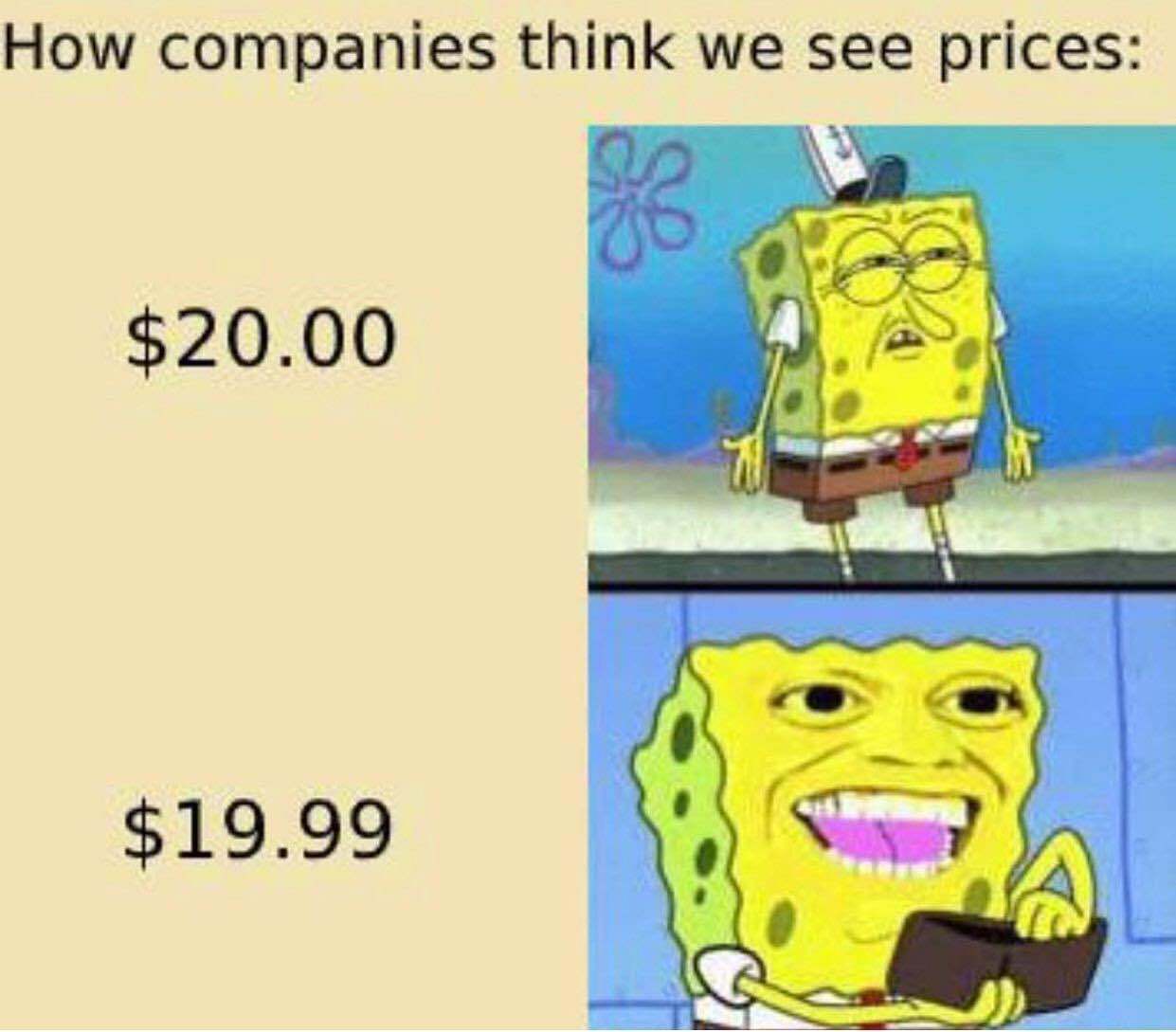this post was submitted on 12 Nov 2024
846 points (97.6% liked)
memes
10861 readers
3334 users here now
Community rules
1. Be civil
No trolling, bigotry or other insulting / annoying behaviour
2. No politics
This is non-politics community. For political memes please go to [email protected]
3. No recent reposts
Check for reposts when posting a meme, you can only repost after 1 month
4. No bots
No bots without the express approval of the mods or the admins
5. No Spam/Ads
No advertisements or spam. This is an instance rule and the only way to live.
Sister communities
- [email protected] : Star Trek memes, chat and shitposts
- [email protected] : Lemmy Shitposts, anything and everything goes.
- [email protected] : Linux themed memes
- [email protected] : for those who love comic stories.
founded 2 years ago
MODERATORS
you are viewing a single comment's thread
view the rest of the comments
view the rest of the comments

I learned all about this in "thinking fast and slow" by Daniel Kahneman. He talks about system 1 and system 2, where system 1 is your kind of knee-jerk reaction to a thing (thinking fast), and system 2 is the contemplative and careful consideration of a thing (thinking slow).
I would argue that some people overly leverage system 1 (thinking fast) because it's generally easier, and takes less time and mental effort to do. Those that either can't, or are unwilling to engage system 2 in their day to day activities, will 100% fall for these kinds of misleading prices, since system 1 is cutting so many corners so that it can be fast and efficient (mostly on how much energy is used), that it skips a lot of the cognitive steps and goes right to the (often incorrect) conclusion. That $19.99 is $19 (or $10 in some cases).
In the book, they discuss that system 1 often gives the wrong information that is later rejected by system 2 when further consideration is given to a particular input/stimulus.
If someone isn't engaging system 2 as a check to ensure system 1 isn't lying to them, then shit like $19.99 seems cheaper than $20. It doesn't hold up to any scrutiny, but they're not targeting thoughtful people with these practices. For thoughtful people, there's functionally no difference between $19.99 and $20.
Yes, the difference is one cent, but given that one cent is so worthless in today's society, to the point that Canada stopped making one cent coins (and other countries have done so as well), there's functionally no difference between the prices.
One cent is only worth anything if it is combined with many other cents. The sum of those pennies becomes valuable when you conglomerate enough of them.
That's a great way to put it